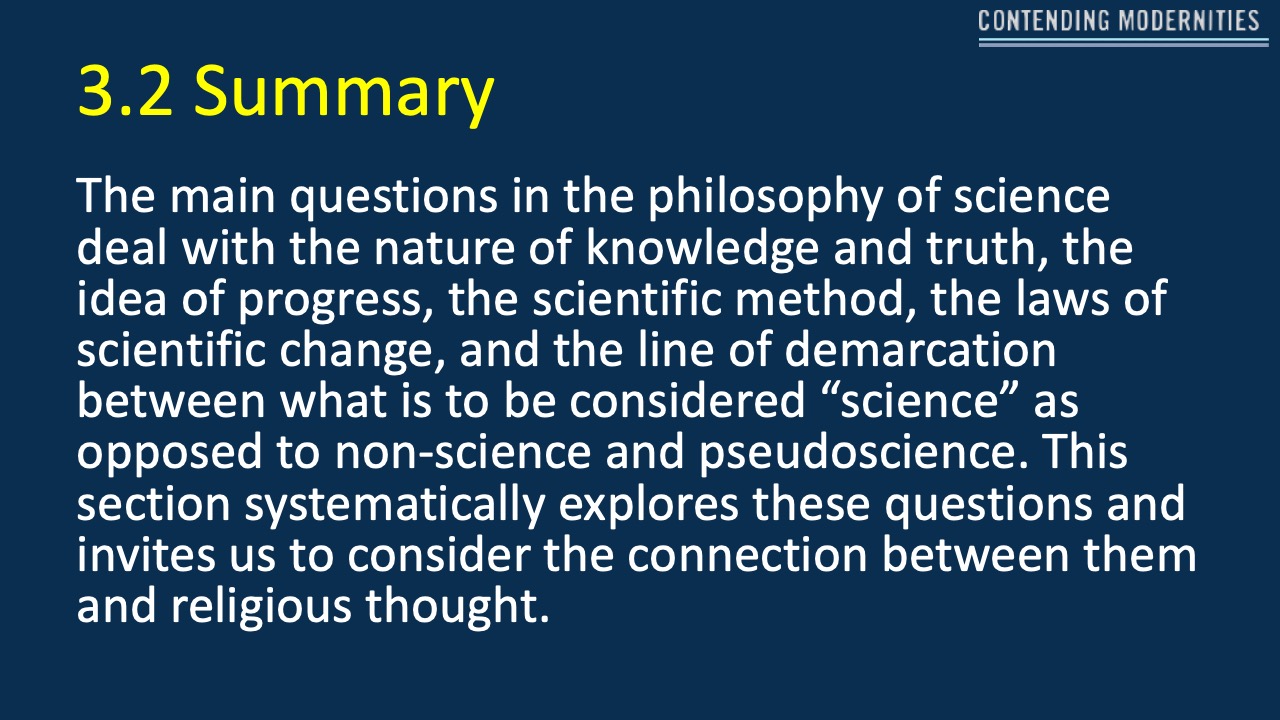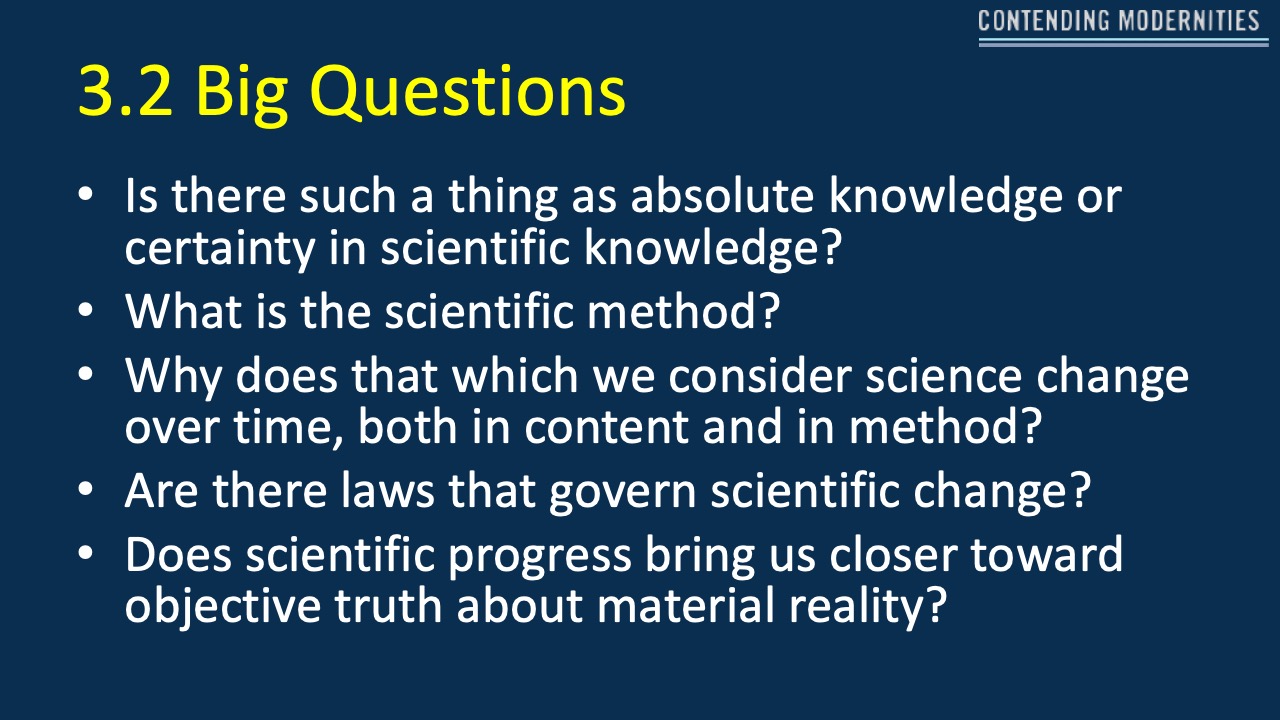Science helps us understand the world around us, but scientific thought has changed over time. What qualifies a scientific endeavor, and how do we decide that a new theory is a better approximation of the truth? This section draws on videos and lectures from a comprehensive introductory course taught by Professor Hakob Barseghyan, historian and philosopher of science at the University of Toronto.
This section and the ones that follow seek to help students develop a critical eye for scientific, pseudo-scientific, and unscientific explanations of the world around us. What is key is not knowledge of all theories, but rather an understanding of how to decide what is the best approximation of the truth about human experience (empirical science).
Key Terms:
- Pseudoscience
- Empiricism
- Paradigm
- Falsifiability
Thumbnail: Summary of interactions between particles described by the Standard Model. Image Credit: Eric Drexler, 2014. CC0 1.0 Universal.
Learning Materials:
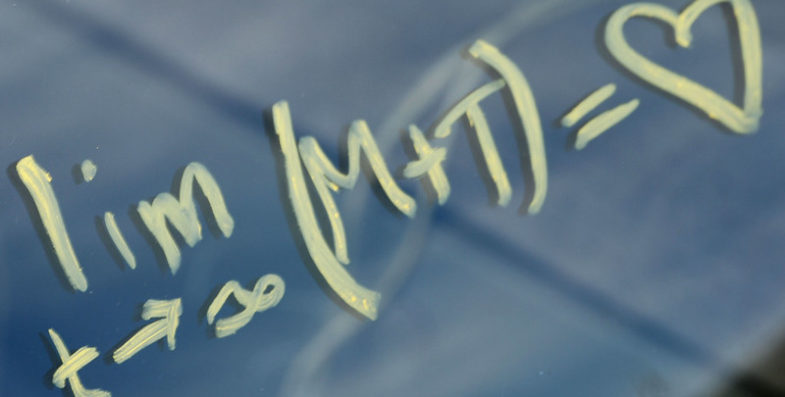
3.2.1 Absolute Scientific Knowledge
Can we ever establish anything beyond any reasonable doubt? (Kent Landerholm/"Calculus of Love")
Read More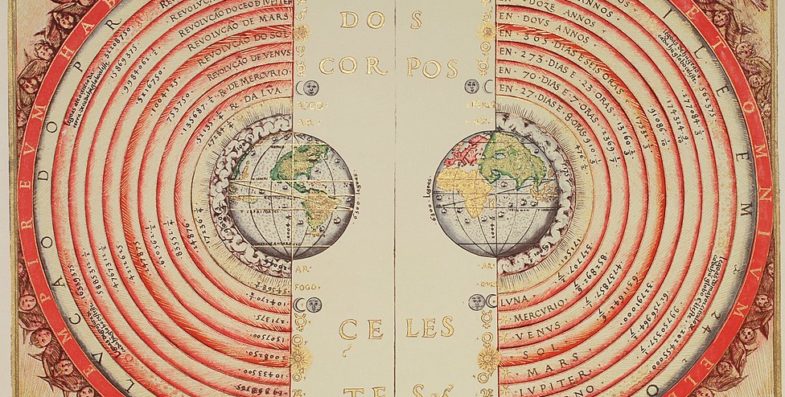
3.2.2 Structure of Scientific Revolutions
Perhaps the most influential work in the history and philosophy of science in the latter half of the twentieth century is Thomas Kuhn's Structure of Scientific Revolutions. (Bartolomeu Velho/"Ptolemaic Model")
Read More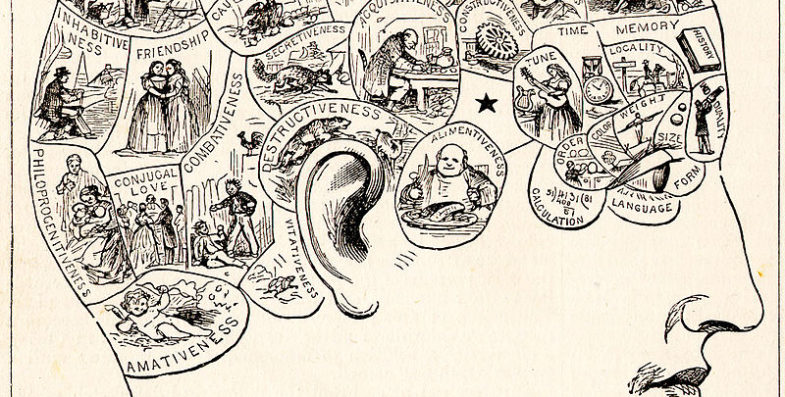
3.2.3 Falsifiability
Another key concept in the philosophy of science, introduced by Karl Popper, is "falsifiability." (Wikipedia/"Phrenology")
Read More
3.2.4 Science and Non Science
What makes science different from other human endeavors? (magro_kr/"Orloj")
Read More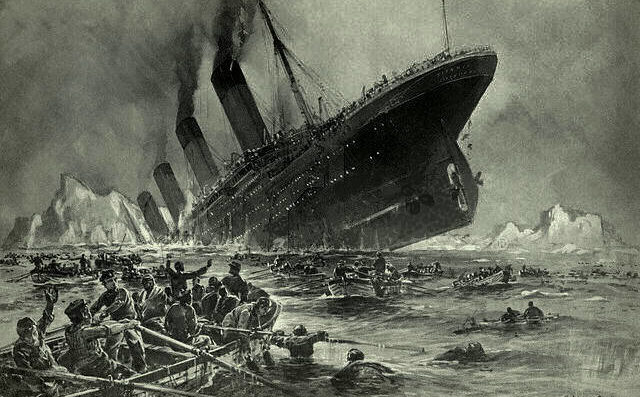
3.2.5 The Titanic and the Moon
Did the moon help sink the "unsinkable" Titanic? Read a lively scientific debate. (Stöwer/"Titanic sinking")
Read More


